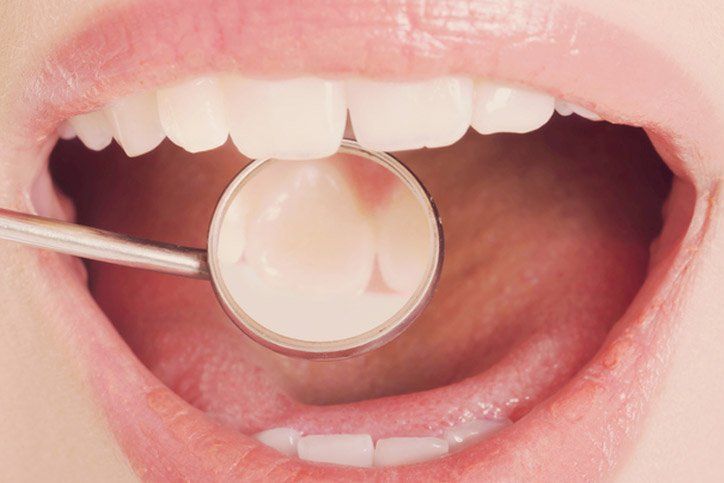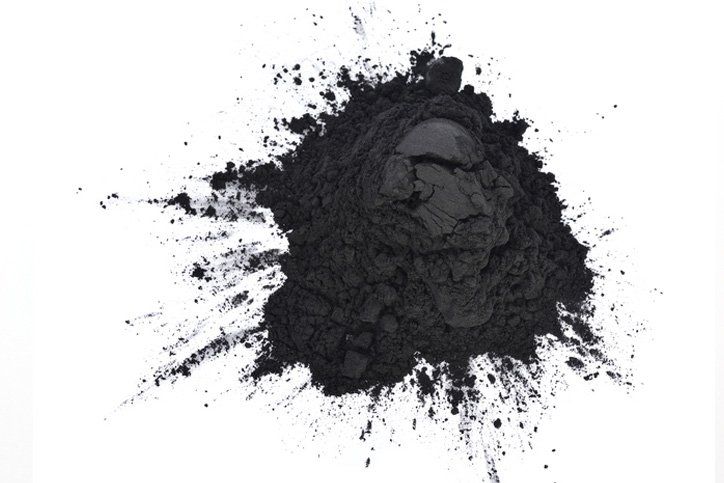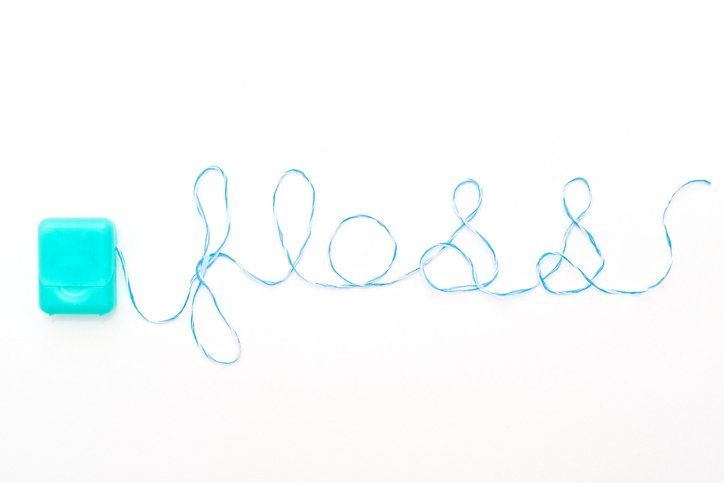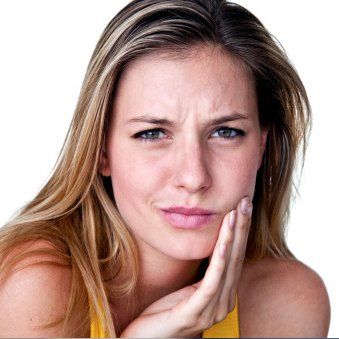Australian Dental Association Accredited Dental Practice
Would you like your teeth looking healthier, brighter and whiter?
Did you know there’s There’s Magic in Your Smile!
We are naturally drawn to people who smile. There is a real physical attraction factor linked to the act of smiling. Did you know that your smile is actually contagious?

Have you ever found that when someone smiles at you, you automatically smile back?
Smiling not only has the power to elevate your mood, but it can also change the moods of others and in return make us happier.
Recently, we had a couple in the practice and they had booked to get their teeth bleached. They had their wedding planned 6weeks away. We bleached them simultaneously in two surgeries. Their reaction on seeing one another – was all smiles and that was non stop through the pain of paying. They were even smiling in their wedding photos
1. Whitening is the easiest anti-aging procedure yet discovered – and no needles!
2. Whitening is the most conservative way to whiten teeth.-there is no drills.
3. Whitening brings Good First Impressions and is a Confidence Booster
Should you know anyone who would like a change in their smile? Please contact BLUE APPLE DENTAL
Studies have shown that people who smile regularly appear more confident, are more likely to be promoted, and are more likely to be approached. Get that extra edge in your business !

Blue Apple Dental is focused on and committed to ensuring the health and safety of all our staff, patients and their families to the best of our ability during this rapidly changing and challenging health crisis. Being an ADA accredited dental clinic we have always implemented stringent sterilisation measures every minute of every day at all times. We are fully stocked with the highest quality masks, sanitisers and dental products. We are keeping up to date with the Australian Government health authorities hourly. Please be reassured the necessary precautionary measures are in place at Blue Apple Dental at all times! Thank you for your support!

Saliva helps prevent tooth decay by neutralizing acids produced by bacteria, limiting bacterial growth and washing away food particles. Saliva also enhances your ability to taste and makes it easier to chew and swallow Decreased saliva and dry mouth can range from being a nuisance to something that has a major impact on your general health and the health of your teeth and gums, as well as your appetite and enjoyment of food. A dry mouth significantly increases the risk of tooth decay and other oral diseases and many suffers experience a major loss of enjoyment in eating, when your food tastes like cardboard. There are many causes and treatments- if you know of anybody that requires our Help- Blue Apple Dental- changing the world through one smile at a time. Many different conditions can disrupt the production of saliva. drugs and medications – both legal and illegal. These include antihistamines, high blood pressure medications, sedatives, decongestants, analgesics, antidepressants and illegal drugs such as cocaine dehydration – drinking too little fluid or too much coffee, tea or energy drinks can cause thick saliva and a dry mouth. Other causes of dehydration include medical conditions such as blood loss, chronic diarrhoea or kidney failure infection – a bacterial or viral infection of the salivary glands (such as mumps) can cause inflammation and restrict saliva production Sjogren’s syndrome – is a common autoimmune disease that mainly affects the eyes and salivary glands, but can also affect the sweat glands salivary duct obstructions – for example, tiny stones made from saliva minerals may lodge in the salivary ducts and restrict saliva flow certain diseases – including AIDS, amyloidosis, cerebral palsy, diabetes, Parkinson’s disease, primary biliary cirrhosis and lupus nerve problems – the function of the salivary glands is controlled by facial nerves. Injury or surgical damage to these nerves, for example, may reduce saliva production some cancer treatments – such as chemotherapy or radiotherapy (if directed at the head or neck) may temporarily reduce the ability of salivary glands to make saliva other causes – including habitually breathing through the mouth, for example, in the case of a persistently stuffy nose or blocked sinuses, or hormone changes from pregnancy or menopause Treatment of dry mouth syndrome Treatment depends on the cause, but may include: changes to medicines – if you are taking a medicine that causes dry mouth as a side effect, the doctor may be able to alter the dose or prescribe an alternative medicine saliva substitutes – your doctor or dentist can prescribe an artificial saliva substitute. Use strictly as directed dry mouth products – these products contain a variety of agents such as lubricants that may help treat your dry mouth. The product range includes toothpaste, mouthwash, gums and topical gels. Speak to your dentist for specific recommendations antibiotics and anti-fungal drugs – may be used to treat an infection surgery – salivary gland blockages, such as stones, are usually treated with surgery other treatments, if required – any underlying condition, such as Sjogren’s syndrome or diabetes, needs appropriate medical treatment

Regular teeth cleanings can give you a brighter smile Drinking coffee, tea and other beverages can cause tooth staining. Certain medications can discolour teeth. Teeth cleaning can often remove these external stains and your hygienist will also polish your teeth to a beautiful shine. Regular teeth cleanings can help you to keep your teeth Gum disease is the leading cause of tooth loss in adults, regular dental exams and cleans on top of brushing and flossing in between visits are vital to keeping your teeth. As plaque builds up on teeth, it hardens and becomes tartar-this becomes difficult to remove- this needs to be professionally removed. Regular teeth cleanings can help maintain overall health-there is mounting evidence of a connection between a person’s oral and overall health Recent studies have linked gum disease to heart attacks, strokes, skin cancer and more recently Alzheimer’s. A dental cleaning every six months to keep your teeth and gums healthy could reduce your risk of heart disease and stroke. Regular teeth cleanings can help prevent bad breath Persistent bad breath (halitosis) can be caused by poor oral hygiene, gum disease, coatings on the surface of the tongue, food stuck between teeth, unclean dentures, oral cancers, or throat infections. Regular teeth cleanings can detect early oral cancer Factors such as increasing age, use of alcohol and tobacco are just a few of the reasons oral cancer is on the rise. During teeth cleaning, abnormalities can often be detected before they get too advanced. Regular teeth cleanings can help make the most of your dental benefits Many dental funds have low or NO co-payments for routine preventive care such as dental cleanings and check-ups. Most plans have a “use it or lose it” clause for these preventive items. Regular teeth cleanings can help save you money You can save money in the long run by avoiding the more costly dental procedures that could have been avoided or prevented through regular cleaning and check-ups.

Nearly half had untreated tooth decay, early signs of gum inflammation, and a third that their oral health had a negative impact on their training and performance. The researchers found that the athletes regularly use sports drinks, energy bars and energy gels, which are known to damage teeth. The sugar in these products increases the risk of tooth decay and the acidity of them increases the risk of erosion. Elite athletes have poor oral health despite their efforts to care for their teeth. The majority of the athletes have good oral health related habits in: they brush their teeth twice a day, visit the dentist regularly, don't smoke and have a healthy general diet. So if you know athletes- please see BLUE APPLE DENTAL.

Many charcoal products use marketing strategies that are attractive to consumers, using wholesome words such as ‘natural’, ‘eco-friendly’, ‘organic’ and ‘herbal’. I regularly have patients or even family members and friends ask about charcoal dentifrices. British Dental Journal (BDJ) May 2019: 1) Most charcoal toothpastes do not contain fluoride and of the ones that do, consumers may still remain at risk of decay due to the absorptive capacity of activated charcoal. 2) Many charcoal-based dentifrices make claims of low abrasiveness; to date, these claims have not been verified. 3) ‘Possible health risks exist’ considered to be related to the inclusion of carcinogenic hydrocarbons in charcoal and the use of bentonite clay. 4) Accumulation of charcoal particles in the gums of patients with gum disease can occur. This could result in grey/black discolouration of the tissues. Should you be asking questions about these products is reason to be seeing a dentist.

The study found that flossing loosens bacteria and food debris from between the teeth, which allows brushing to be much more successful at removing plaque. Those that interdentally cleaned before brushing were left with a much cleaner mouth than those who did it afterwards. “It is a myth that having a good oral health routine begins and ends with brushing our teeth twice a day. This is simply not true. “The importance of looking after the health of our teeth and gums by cleaning interdentally and then brushing cannot be stressed enough. This done along with maintaining a balanced, low-in-sugar diet and regularly visiting the dentist will make us far less likely to encounter problems with our oral health.” The ORAL HEALTH Foundation is keen to highlight the importance of a healthy mouth following a number of recent studies linking poor oral health to heart disease, diabetes, dementia and even erectile dysfunction. Visit the experts at BLUE APPLE DENTAL - call us on (08) 9304 0399 today for an appointment!


